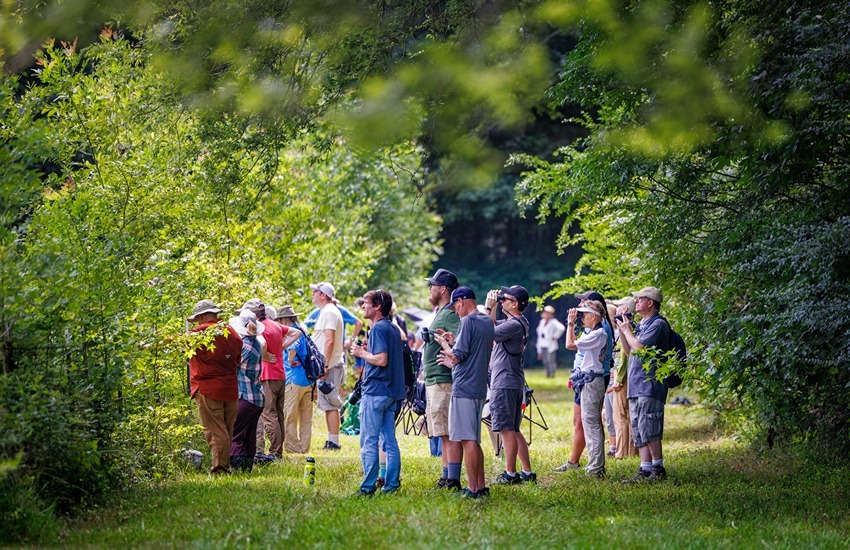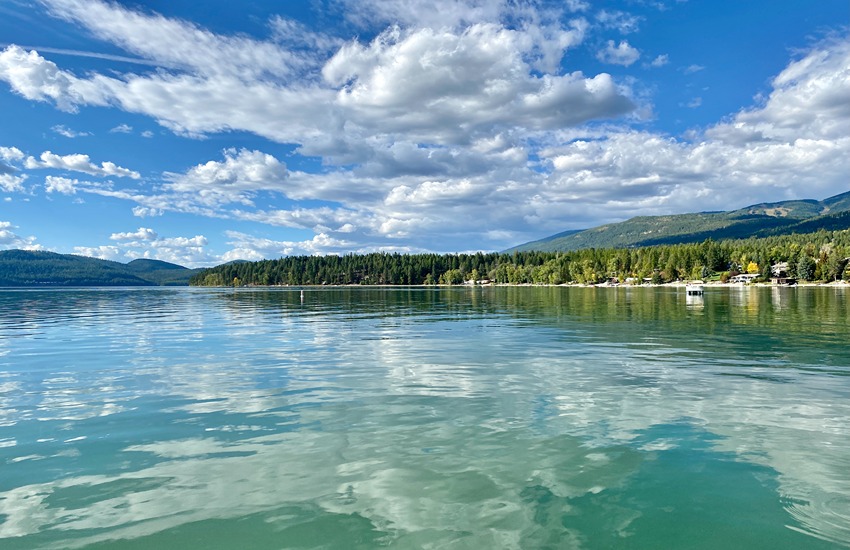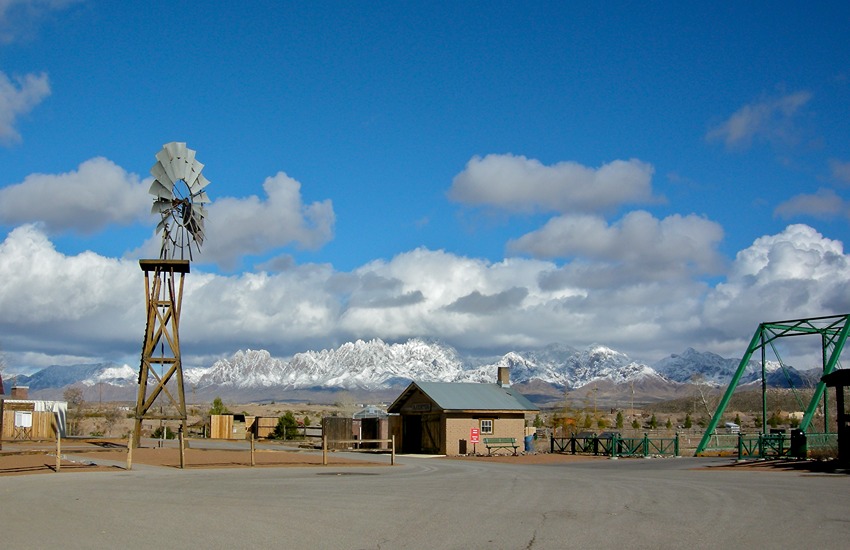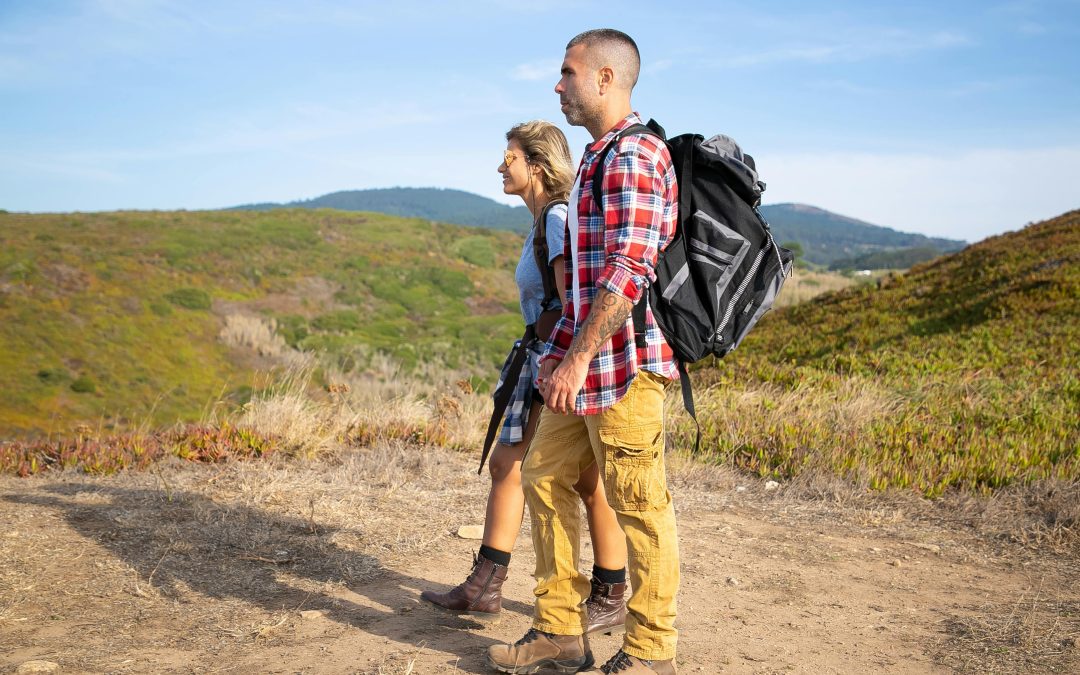In a time of alluring bucket-list destinations and the glamour of familiar tourist sites, a unique ecotourism experience is exalting sojourners and villagers
By Heather Dale
Ecotourism offers a green approach to traveling, unlike traditional vacation destinations with well-known tourist attractions buzzing with polluting effects. Eco tours promote sustainable travel with a minimal carbon footprint while giving to the communities they visit. A variant of this type of adventure is rural tourism, a profoundly enriching interaction within a culture that includes getting involved in the rural lifestyle and taking part in customs and traditions.
These four unique U.S. locations offer rural tourism opportunities for groups who want to immerse themselves in unique cultural experiences. Be sure to subscribe to Leisure Group Travel for other inspiring destinations.
New Mexico’s Farming & Ranching Culture Still Thriving
Forty miles north of the Mexican border is the city of Las Cruces, New Mexico. It’s the home of the New Mexico Farm & Ranch Heritage Museum, a 47-acre immersive space offering hands-on learning opportunities. Through preserving 3,000 years of farming and ranching history, the site keeps alive the traditions and activities of the cultivating lifestyle.
Visitors can interact with New Mexican cattle, shear a sheep, observe working blacksmiths forge tools and stroll a pistachio orchard. The authentic rural tourism experience preserves the past to teach the present that this way of life still thrives and holds true to its cultural identity. https://www.nmfarmandranchmuseum.org/
Rural tourism allows travelers to experience a deeper connection to a place through direct involvement in the rural lifestyle. The benefits are both economic and spiritual and can positively affect everyone involved. Subscribe to Leisure Group Travel today and stay updated on unique trip ideas.

Alabama Black Belt joe farm-art meripol
Alabama’s Black Belt Region is Ripe with Rural Tourism Opportunities
The copious dark and fertile soil spanning 23 counties in Alabama are aptly called the Black Belt Region. This crucial area has long produced an abundance of freshwater rivers teeming with fish and lush landscapes populated with wildlife and vegetation. During the tumultuous Civil Rights movement in the 1950s and 1960s, the Black Belt Region was also the stage for many pivotal moments in American history. From the brutality that played out on Bloody Sunday to the Selma-to-Montgomery march for voting rights, these communities have taken great care to preserve not only the Black Belt culture of land-cultivating traditions but black history.
Today, the Alabama Black Belt Adventures Association promotes the Black Belt Region as an “outdoorsmen’s paradise,” offering vast world-class fishing and hunting opportunities, hiking, birding, canoeing, horseback riding, whitewater rafting and other ecotourism experiences.
Pam Swanner is the association’s director and explains that although the area isn’t near the popular beaches or the Space and Rocket Center, the region offers something diverse and meaningful.
“What we do offer is the slower paced option that I think more and more visitors are seeking – traveling scenic back roads, immersing themselves in the cultural fabric of their destination, and meeting true characters that have lived here their entire lives and experienced the events that have shaped history,” Swanner said.
Swanner announced they are “in the development stage of a Black Belt Harvest Trail that will feature agriculture and working farms that give tours across the Black Belt.” These include U-Pick farms, vineyards/wineries, breweries, animal and crop farm tours, bee hive colonies and more expanding rural tourism opportunities in agrestic Alabama. alabamablackbeltadventures.org/

Whitefish Lake in Montana Photo cred. Warren LeMay
Protecting the Waters in Whitefish, Montana
Nestled among Montana’s immense Rocky Mountains at the edge of Glacier National Park is the rustic town of Whitefish. The community works hard to educate visitors about how to tour their unspoiled area responsibly and leave fewer footprints. By purposefully creating 50 miles of hiking and biking trails, the town can preserve the surrounding watersheds that supply drinking water and help maintain other essential ecosystems.
Visitors to the area can enjoy a walk along the living wetlands interpretive footpath called Viking Creek Nature Trail. Hikers will ascertain the wetlands’ importance and how eco-tours educate trekkers on protecting the vital natural resource and its water-cleansing abilities in the Whitefish Lake Watershed. The project provides protection of 30 acres of critical wetlands and wildlife habitats while attenuating flooding and acting as a water quality buffer. https://explorewhitefish.com/
Cherokee, North Carolina Embraces Native American Fishing Heritage
Nature lovers unite in Cherokee, North Carolina, for harmonious opportunities to connect with Mother Earth. Set among glorious sparkling rivers and the Great Smoky Mountains, Cherokee offers groups a “living garden” experience, from kayaking and waterfalls to hiking trails rich with flora and fauna. Absorb Cherokee Indian heritage with a visit to the Museum of the Cherokee Indian before taking an eco-tour of the sacred region
Cherokee beckons anglers with 30 miles of pristine freestone streams and rivers only found in mountainous regions. One of the most coveted natural resources for the Cherokee people were these waterways providing ample fishing opportunities. Cast a line and catch trout of all colors while immersing in the raw lifestyle. The area celebrates fishing culture during Cherokee’s Memorial Day Trout Tournament each year. https://visitcherokeenc.com/play/






